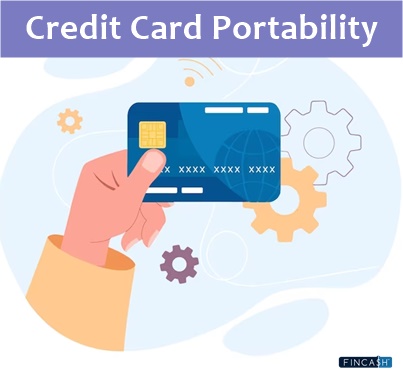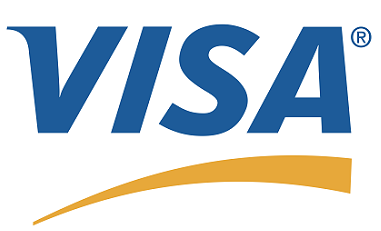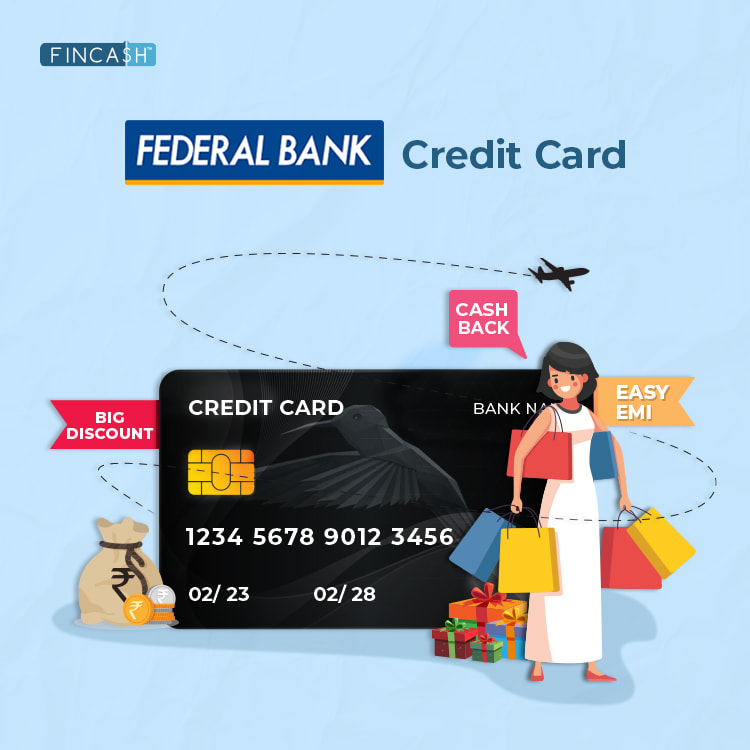
Table of Contents
Credit Card Portability: Visa to MasterCard to RuPay and More
AT A GLANCE - The Reserve Bank of India (RBI) now gives you the freedom to choose card network for your Debit Card & credit card:
- RuPay
- American Express
- Mastercard
- Visa
- Diners Club International
With the proposal offered by the Reserve Bank of India (RBI), consumers can now switch between debit, prepaid and credit card service providers. For instance, someone with a Visa card could switch to MasterCard, RuPay or any other card provider they choose. Visa, MasterCard, RuPay, American Express, and Diner's Club are currently the five credit card networks available in India.

It is suggested that individuals familiarize themselves with the details of switching from one network to another starting from 1 October this year in accordance with the RBI's proposal.
What does the proposal say?
The RBI has identified that it would be beneficial for users to have more available payment options. Therefore, the RBI has stated specific changes in a draft circular which they believe will benefit both the payment system and the general public.
- Card providers should not sign any agreement or deal with card networks that would stop them from using other card networks' services
- Credit card companies should offer cards that work with multiple networks
- Cardholders have the right to select from different card networks when obtaining a card. They can make this choice either at first issuance or later on
Starting on October 1, 2023, the RBI circular requires points 2 and 3 of the instructions to be followed. The card issuers and networks must guarantee that the standards stated above are met.
Talk to our investment specialist
What made RBI introduce this?
The banks and non-banks that offer debit, prepaid, and credit cards have to be partnered with an authorized card network. The card issuer (bank/non-bank) is the one who decides which network to use for each specific card. This decision is based on any agreement they may have with the particular card network. On the other hand, the rules and regulations set forth by the RBI limit the usage of choice available to users regarding card issuers and networks. The draft circular released by the RBI shows the existing agreements between the card networks and card issuers (both banks and non-banks) as unfavourable for customers, as it restricts their options and narrows down the available choices.
At what point can you transfer your card network?
Card issuers and card networks must include the option of portability to existing agreements or when they are being renewed or in new contracts that are established from this point on. The Reserve Bank of India has stated that these organizations must comply with this requirement.
- Any agreements or contracts in effect at the time of modification or renewal thereof
- Contracts newly signed from this date onward
What are the anticipated changes according to RBI?
According to RBI, customers are compelled to accept the services offered by banks when they establish agreements with card networks. The central bank has observed instances where certain banking institutions exert pressure on their customers to utilize specific credit card types, even if they have expressed a different preference.
The RBI has shown that the present agreements between credit card networks and credit card issuers (both financial and non-financial institutions) need to provide consumers with various choices. In 2021, the Reserve Bank of India made a final ruling prohibiting Mastercard, American Express, and Diners Club from issuing new debit cards, credit cards, or prepaid cards. This decision has been enforced because these card providers did not comply with the local regulations regarding data storage. In June 2022, after the central bank saw that the company had followed payment information storage regulations, the ban ended.
What is the significance of this matter?
A huge development in the usage of cards occurred in the country of India during the year 2023. In accordance with data stated by the RBI, the overall debt compiled has reached more than 2 lakh crore, showing a huge 29.7% growth over a similar period in the year 2022. Moreover, 8.65 crore credit cards have been provided to customers as of April 2023.
What does RBI have to say?
A circular draft has been provided by the RBI, inviting people to share their inputs and feedback. The document states banks and credit card issuers to provide consumer cards that are compatible with many payment networks, providing them with the required freedom to choose their suitable network. The proposed legislation aims to prevent credit card providers from entering agreements that restrict their partnerships with other card networks.
All efforts have been made to ensure the information provided here is accurate. However, no guarantees are made regarding correctness of data. Please verify with scheme information document before making any investment.












